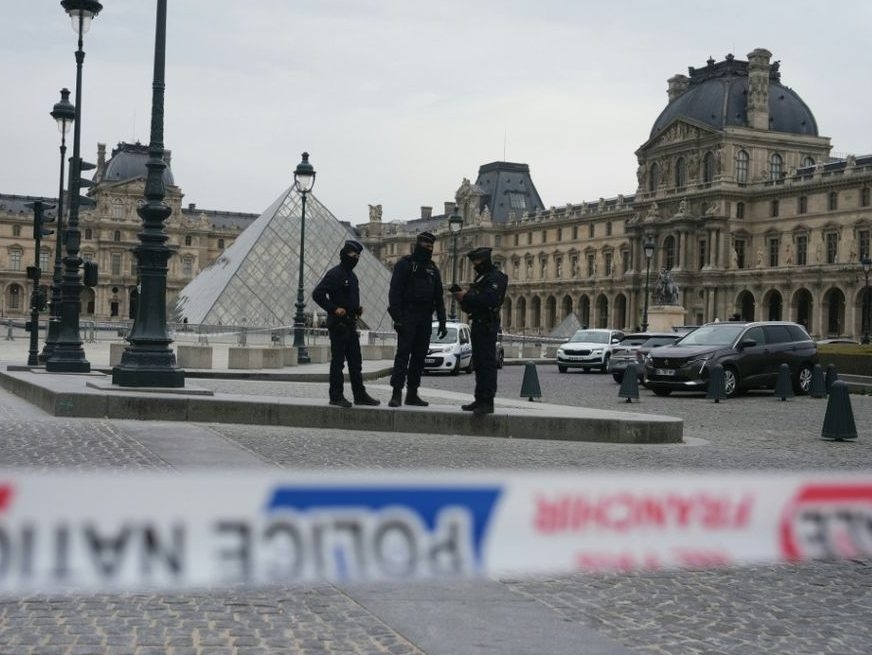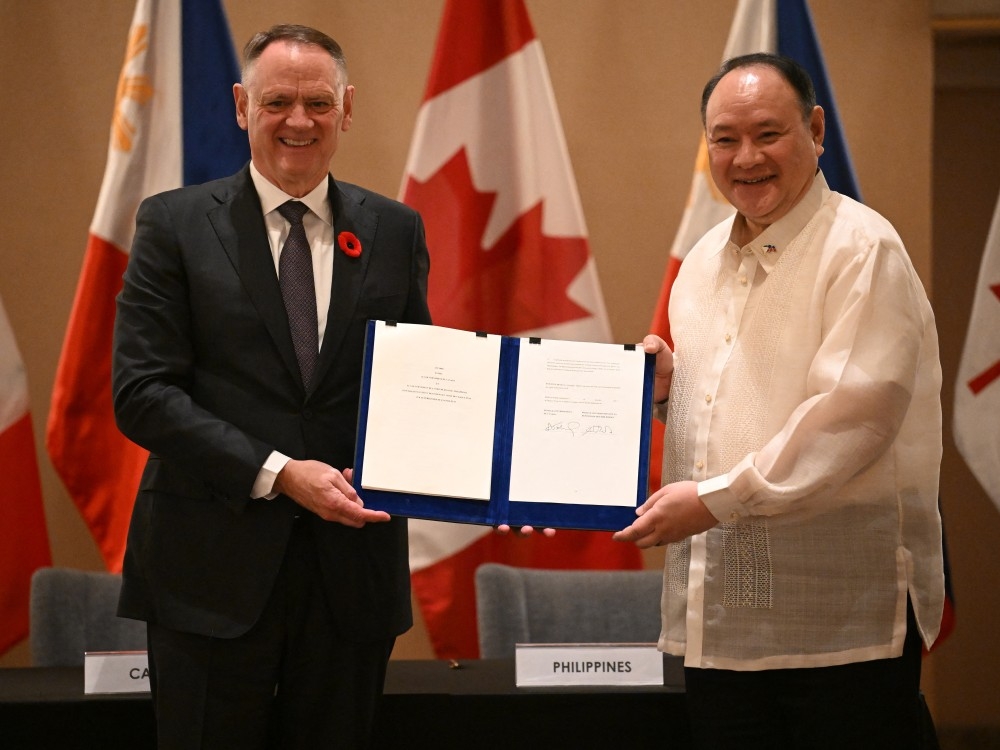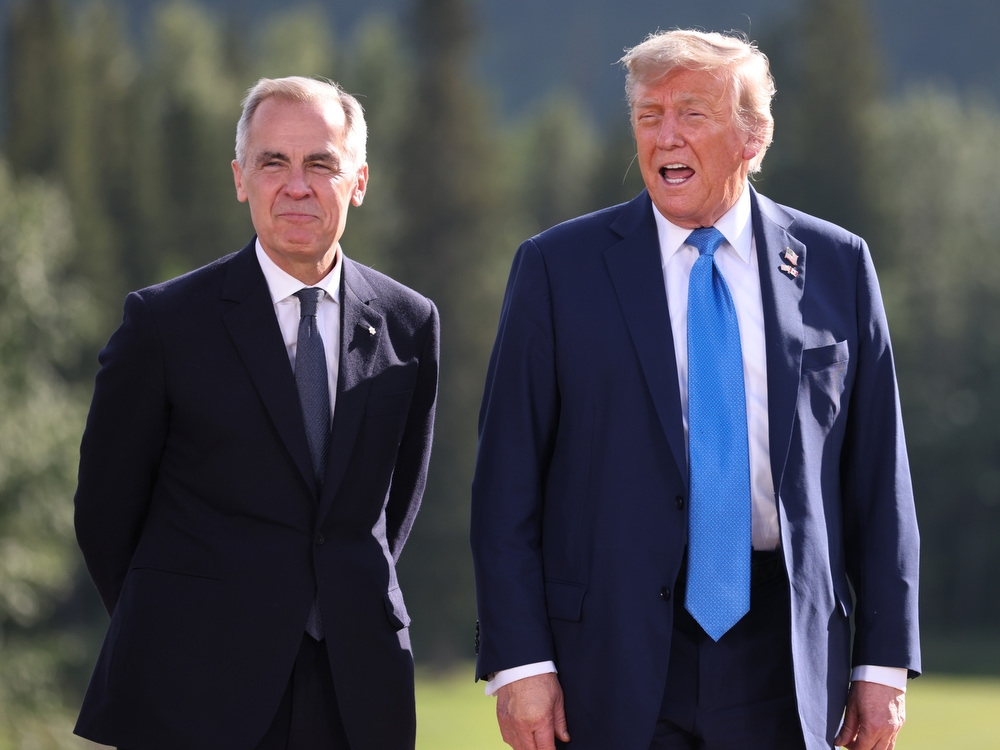A new strike authorized by the President has targeted a vessel suspected of narco-terrorism in Caribbean waters, according to a statement released Saturday. This action marks a significant escalation in a widening campaign against groups allegedly linking drug trafficking with militant activities.
The operation resulted in the deaths of three individuals believed to be smugglers. Officials stated the vessel was identified through intelligence as actively involved in transporting illicit narcotics along a well-known trafficking route.
The stated intent behind these actions is resolute: to dismantle the networks responsible for bringing dangerous drugs into the country. A stark warning was issued, drawing a parallel to past counter-terrorism efforts, promising to relentlessly pursue and neutralize these groups.
This latest strike represents the fifteenth publicly acknowledged U.S. operation targeting suspected narco-terror groups in the Caribbean and eastern Pacific since September. It’s part of what officials are describing as a sustained “maritime offensive” against powerful transnational cartels.
The cumulative toll from these operations has risen to at least 64 fatalities, according to defense officials tracking the campaign. The increasing number underscores the intensity and scope of the ongoing effort.
The President has vigorously defended these strikes, asserting that cartels have evolved into organizations akin to terrorist groups, justifying an “armed conflict” response. This rationale echoes the authorities invoked following the attacks of September 11th, 2001.
However, the legal basis for these operations remains shrouded in secrecy. The White House has resisted calls for greater transparency, particularly regarding the specific groups being targeted and the authorization for the use of force.
Senate Democrats have renewed their demands for clarity, sending a letter to key officials requesting full disclosure of the legal justifications and a comprehensive list of designated targets. They argue that selective information sharing is creating an unacceptable lack of oversight.
The bipartisan leadership of the Senate Armed Services Committee has also pressed for answers, releasing previously withheld correspondence with defense officials. These letters specifically request a detailed outline of the legal framework underpinning the strikes and formal identification of the cartels labeled as terrorist organizations.
The core of the dispute centers on the extent of presidential authority and the definition of “armed conflict” in the context of drug trafficking. Lawmakers are seeking to understand the boundaries of this new approach to counter-narcotics operations and its potential implications.






